Search the Special Collections and Archives Portal
Search Results
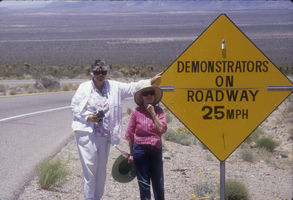
Carol Carter and Rosemary Lynch at Nevada Test Site: photographic slide
Date
Archival Collection
Description
From the Sister Klaryta Antoszewska Photograph Collection (PH-00352). Carol Carter (left) and Rosemary Lynch standing by highway sign which reads: “Demonstrators on Roadway—25 mph.”
Image

Display set up in Christ the King Catholic Church in Las Vegas, Nevada: photographic slide
Date
Archival Collection
Description
From the Sister Klaryta Antoszewska Photograph Collection (PH-00352)
Image
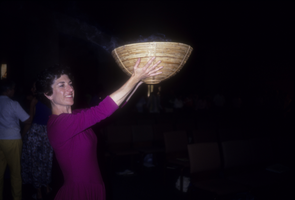
Unidentified woman holding up bowl in Christ the King Church in Las Vegas, Nevada: photographic slide
Date
Archival Collection
Description
From the Sister Klaryta Antoszewska Photograph Collection (PH-00352)
Image
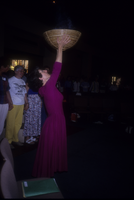
Unidentified woman holding up bowl in Christ the King Church in Las Vegas, Nevada: photographic slide
Date
Archival Collection
Description
From the Sister Klaryta Antoszewska Photograph Collection (PH-00352)
Image

Carol Carter and Rosemary Lynch pose at Corpus Christi Desert Experience at Nevada Test Site: photographic slide
Date
Archival Collection
Description
From the Sister Klaryta Antoszewska Photograph Collection (PH-00352)
Image
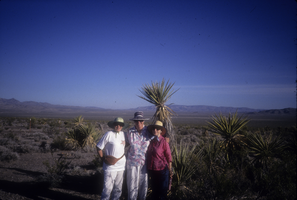
Klaryta Antoszewska, Carol Carter, and Rosemary Lynch at Corpus Christi retreat at Nevada Test Site: photographic slide
Date
Archival Collection
Description
From the Sister Klaryta Antoszewska Photograph Collection (PH-00352)
Image
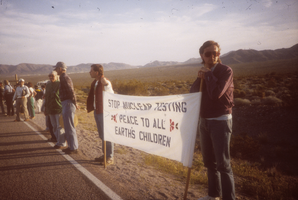
Large banner held by protesters at Nevada Test Site, Nevada: photographic slide
Date
Archival Collection
Description
From the Sister Klaryta Antoszewska Photograph Collection (PH-00352). Large banner text: “Stop Nuclear Testing; Peace to All Earth’s Children.” Demonstration at Nevada Test Site
Image
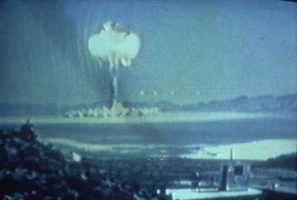
Above-ground nuclear tests at the Nevada Test Site, Nevada: photographic slide
Date
Archival Collection
Description
From the Sister Klaryta Antoszewska Photograph Collection (PH-00352). From Slides #0735 through 0749.
Image
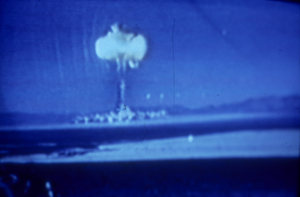
Above-ground nuclear tests at the Nevada Test Site, Nevada: photographic slide
Date
Archival Collection
Description
From the Sister Klaryta Antoszewska Photograph Collection (PH-00352). From Slides #0735 through 0749.
Image
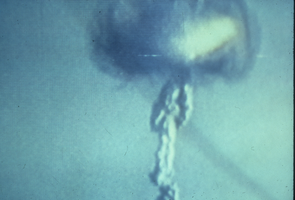
Above-ground nuclear tests at the Nevada Test Site, Nevada: photographic slide
Date
Archival Collection
Description
From the Sister Klaryta Antoszewska Photograph Collection (PH-00352). Slides #0735 through 0749 appear to be photos of above-ground nuclear tests.
Image
